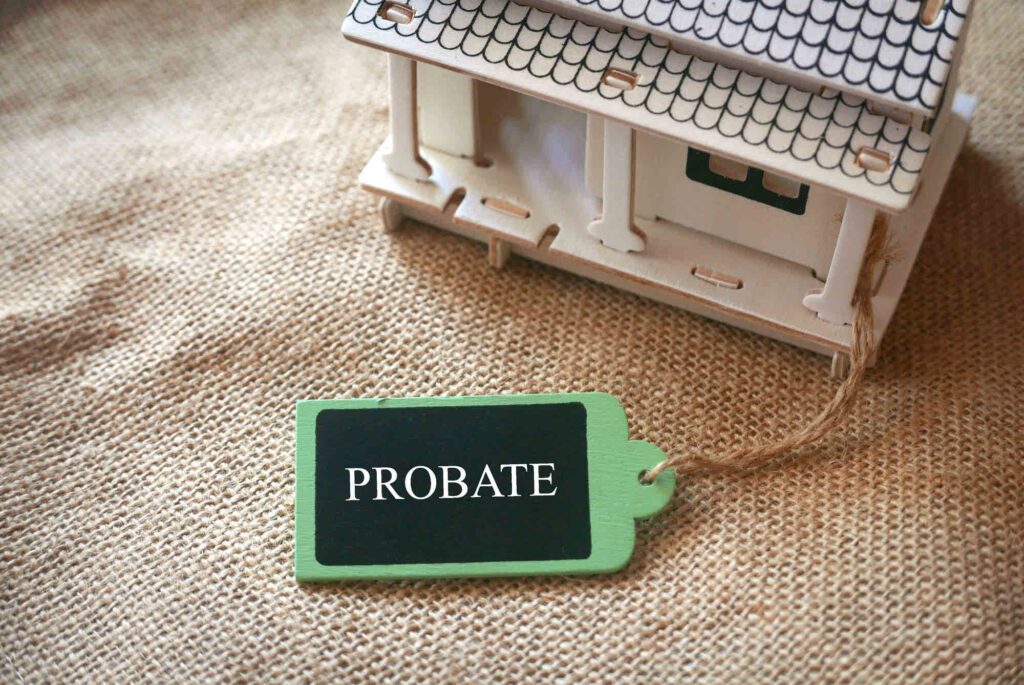If you’re going through a separation or involved in a parenting dispute, understanding your options around child support is important. One of the most common questions parents ask is whether they can make their own child support arrangements without involving the Child Support Agency (CSA).
The short answer is yes—but there are important factors to consider.
What Is the Child Support Agency?
The CSA, now part of Services Australia, manages the national Child Support Scheme. Its role is to ensure that children receive financial support from both parents after separation. This support typically covers:
- Food, clothing, and housing
- School fees and related costs
- Medical and healthcare expenses
- Other reasonable living expenses
Services Australia can assess, collect, and enforce child support payments. Many families rely on the CSA for structure and accountability after separation.
Can Parents Make Their Own Child Support Agreement?
Yes. Parents can enter into a private child support agreement outside the CSA’s formula. These agreements offer flexibility and can be tailored to reflect the unique needs of your family.
Private arrangements are often preferred when:
- Parents communicate well and want minimal government involvement
- There are specific expenses they want to cover (e.g. private school fees, insurance)
- One parent is self-employed or lives overseas
- The standard CSA assessment doesn’t reflect the family’s financial reality
What Types of Private Agreements Are There?
There are two main types:
Binding Child Support Agreement
- Must be in writing
- Both parents must receive independent legal advice before signing
- Can set child support at any amount, even below the CSA assessment
- Difficult to change—usually requires a new agreement or court order
- Limited Child Support Agreement
Limited Child Support Agreement
- No legal advice required
- Must be based on a current CSA assessment
- Payments must be equal to or greater than the assessed amount
- Automatically ends after three years
- Can be terminated early if the CSA assessment changes by 15% or more
What Can Be Included?
Both agreement types can include:
- Periodic payments (weekly/monthly support)
- Non-periodic payments (e.g. school fees, medical costs)
- Lump sum payments (often tied to a property settlement)
Pros and Cons of Private Agreements
Pros
✔ Flexible and tailored to your family
✔ Keeps matters private and out of the government system
✔ Clearly sets out who pays what
Cons
✘ Limited agreements may be harder to enforce
✘ Without legal advice, there’s a risk of unfair terms
✘ Disagreements can arise if circumstances change
What If One Parent Stops Paying?
If the agreement is registered with the CSA, it becomes enforceable. Services Australia can:
- Deduct payments directly from wages
- Redirect tax refunds
- Take other steps to recover overdue amounts
Is a Private Agreement Right for You?
Private agreements can work well, but only if both parents are cooperative, honest, and able to communicate openly. If the arrangement involves significant or irregular expenses, or if there is a power imbalance, legal advice is strongly recommended.
Need Help?
Our experienced family law team can help you prepare a legally sound child support agreement tailored to your family’s needs.
Contact us today to arrange a confidential consultation.
Disclaimer: This article is general in nature and does not constitute legal advice. You should seek legal advice tailored to your personal circumstances.





